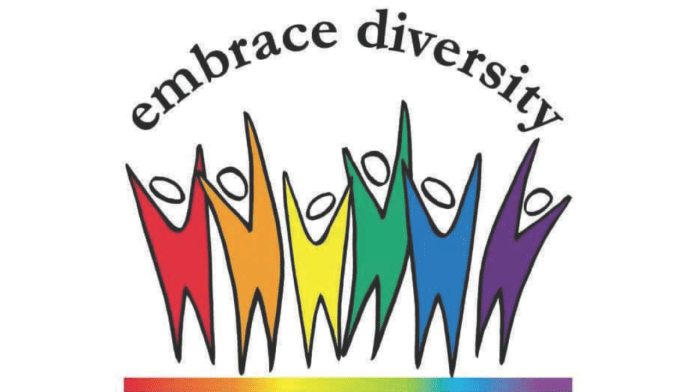Thank you dear subscribers, we are overwhelmed with your response.
Your Turn is a unique section from ThePrint featuring points of view from its subscribers. If you are a subscriber, have a point of view, please send it to us. If not, do subscribe here: https://theprint.in/subscribe/
There is no doubt that we, as a nation, are blessed with a mind-boggling array and depth of cultural diversity that one lifetime wouldn’t be enough to skim the surface of the languages, cuisine or arts. It is also a fact that cultural moorings and expressions are in their purer forms in our rural areas or villages. It would appear therefore that maintenance of our cultural identity and ethos (only the unequivocally positive ones) is easier if we stay closer to our roots. But there is this alternative truth also to contend with, that economic prosperity and rural living are almost accepted to be antithetical.
The rural population moves to towns and cities in hordes from every small corner of the country as migrant workers. A common thread that connects them is the hope of a better education and future for their children. Given a choice, some of them would perhaps continue with their simple village routines, with a sense of belonging and strong cultural identity. Some may still find the bright city lights more alluring. However, to find a holistic, healthy and respectable lifestyle is far-fetched for most migrants. At times, even receiving fair wages becomes a luxury due to the demand-supply ratio.
Given the scenario, the dynamics of human interactions between various socially and economically diverse groups can also be quite fascinating. My recent visit to the beautiful state of Meghalaya was a refreshing break from the bustle of my city life. A visit to Dawki, a small town situated near the bottom of Jaintia hills, the extreme reaches of which are predominantly inhabited by Khasi and Jaintia tribes, validates this perspective to a certain degree.
The drive to Dawki from Shillong opened picturesque vistas for us. A major attraction there was the Dawki or Umngot river or simply Wah Umngot. The river is known for its transparent waters. It is sometimes even referred to as the glass river because the boats seem to float on a glass surface with the riverbed clearly visible on a sunny day.
We hired an oar-boat from an outlet of a self-help cooperative group and set out on a long boat ride. The boatman was a local tribal having a happy, affable and carefree demeanour. He was rowing the boat effortlessly giving our gym workouts a complex. Sometimes he hummed a local tune and sometimes shared anecdotes about international and domestic tourists with us. He also doubled up as a guide during the ride, pointing to different features, the fish or the pebbles and rocks seen beneath. This seemed to be the case with all the boatmen.
What struck me in particular was the lack of any kind of inhibition in the local population irrespective of the distinct economical, educational, social and urban-rural differences between them and most of the tourists. The locals seemed happy, content and living in complete harmony with nature’s largesse bestowed upon them.
On our part, the interactions with them were on equal terms sans prejudice. We were interacting with a population on their own turf. Not being a destination of mass tourism yet, there were refreshingly no activities commodifying the local cultures.
The Dawki experience and our amicable encounter with the boatman made me wonder if there would be the same level of acceptance towards him if he and his family were to migrate to a big city for “greener pastures”.
Wouldn’t he be one of the thousands of faceless migrant workers trying to eke out a living in the hope of a better future? The livelihood avenues might be greater or the remuneration packages higher than those being offered back home; but would it be a better quality of life after a hard day’s toil? A shanty, an underpass or a domestic help’s quarter, to call an abode!
Water, air and noise pollution would become the norm against the clean air, clean water, flora and fauna taken for granted in his small town or village. Worse still, would we still exhibit the same sentiment of equality that we displayed towards him as tourists?
Economic upliftment at the cost of one’s identity, individuality and self-confidence or self- image can’t be a fair trade-off.
This is not to say that everything about migration has a negative fallout. Even so, more focus on grassroots level development, educational and healthcare facilities, sustainable tourism, employment opportunities (similar to the self-help cooperative groups in Dawki) is desirable for a level playing field.
This would pave the way for many more pleasant interactions between different groups of people as valued citizens of the nation.
These pieces are being published as they have been received – they have not been edited/fact-checked by ThePrint.


